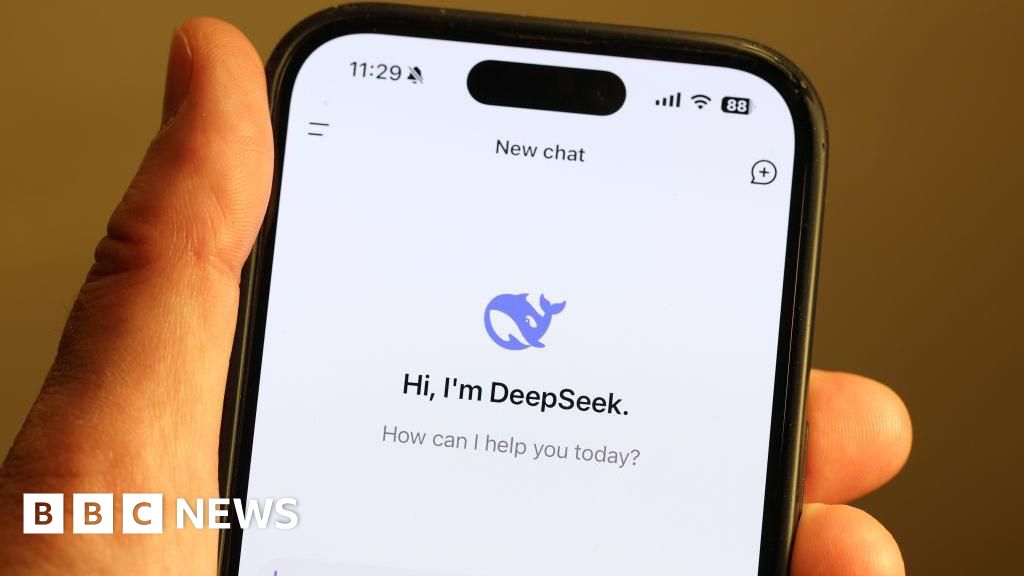South Korea Prohibits New Downloads of DeepSeek AI from China

South Korea Bans Downloads of China’s DeepSeek AI Chatbot
Background on DeepSeek’s Popularity
South Korea’s Personal Information Protection Commission has recently announced a ban on new downloads of DeepSeek, an artificial intelligence chatbot developed in China. This decision comes in response to privacy concerns and the need for the app to adhere to South Korean data protection laws. The app had skyrocketed to popularity immediately after its release, amassing over a million users weekly and topping app store charts. However, this rapid rise in fame brought about significant scrutiny regarding privacy and national security across various countries.
Reasons for the Ban
The ban on DeepSeek from both Apple’s App Store and Google Play was implemented after South Korean governmental agencies prohibited their employees from installing the chatbot on work devices. This decision, which reflects growing concerns about data security, was supported by South Korea’s Acting President Choi Sang-mok, who labeled the app’s influence a "shock" to various sectors beyond just artificial intelligence.
Despite the restriction on new downloads, users who have already installed DeepSeek on their devices can continue using the app or access it through their official website.
Global Response to DeepSeek
The introduction of DeepSeek shook up the tech industry, raising alarms about its implications for the balance of AI leadership, especially in the US. Other countries have followed South Korea’s lead in limiting the chatbot’s use. For instance, both Taiwan and Australia have also banned DeepSeek from government devices, with Australian officials clarifying that their prohibition is based on national security risks rather than its Chinese origins.
Italy’s regulatory body, which had briefly restricted ChatGPT earlier in 2023, has also taken steps against DeepSeek. Data protection authorities in France and Ireland have raised questions concerning the privacy policies of DeepSeek, specifically asking how it handles citizens’ personal information. Concerns have been expressed regarding whether this information is stored on servers in China, as suggested by the app’s privacy policy.
Privacy Concerns Associated with DeepSeek
DeepSeek’s privacy policy indicates that it may gather sensitive data such as email addresses and dates of birth. Like other generative AI tools, it collects input prompts to refine its performance. These practices have led to increasing scrutiny from various regulatory bodies worldwide.
In the United States, lawmakers are even considering a bill that would prohibit DeepSeek on federal devices, citing surveillance and privacy concerns. Meanwhile, states like Texas, Virginia, and New York have independently enacted similar restrictions for their employees.
Competitive Landscape
DeepSeek operates using a large language model (LLM) that boasts reasoning abilities comparable to American AI systems like OpenAI’s models, yet it reportedly maintains a much lower cost for training and operation. This cost efficiency raises questions about the enormous investments in AI infrastructure made in the US and around the world.
As countries grapple with how to integrate AI technologies into their social and economic fabrics, the situation surrounding DeepSeek underscores the pressing need to ensure that data privacy and national security remain protected amidst the digital landscape’s rapid evolution.
This swift progression in AI technology continues to evoke strong global reactions, and ongoing discussions about privacy, security, and surveillance will likely shape the future of such applications. The trajectory of DeepSeek may influence broader policies regarding AI and data protection in various jurisdictions.




